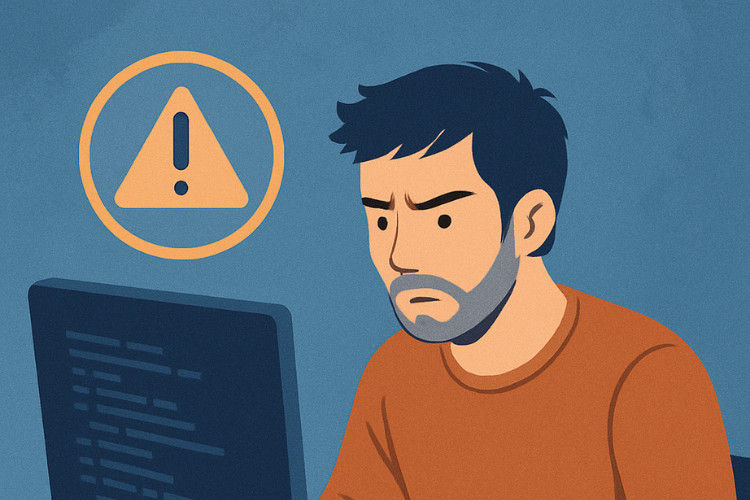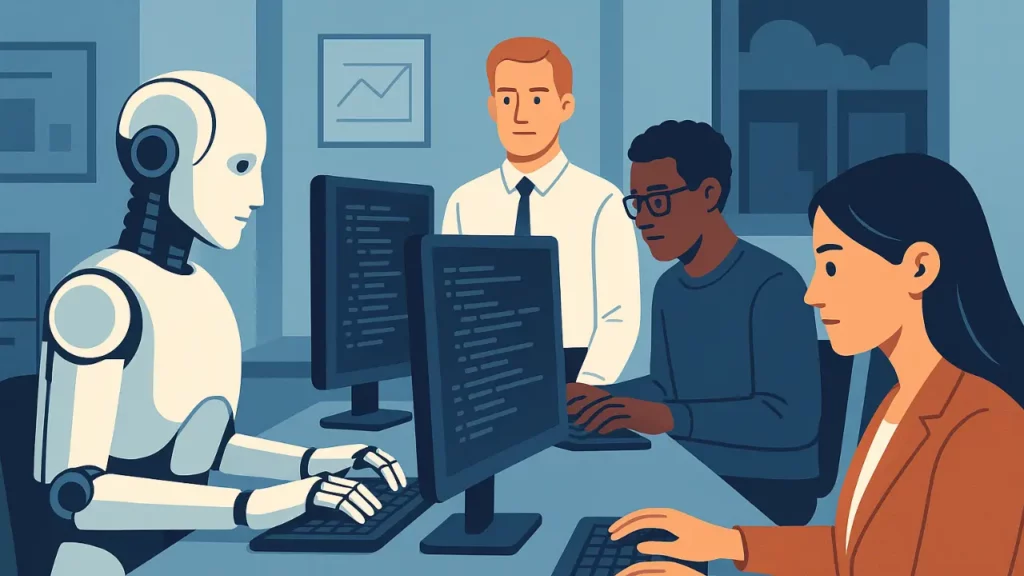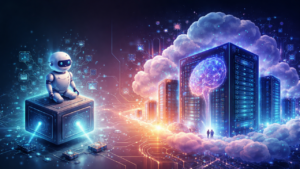Introduction:
I recently drafted a legal contract using Grok Deep Research. It took me just 15 minutes. A lawyer would have charged me at least $2,000 for the same document. Even more surprising? The contract was actually good.
This isn’t a future prediction. It’s happening right now.
The age of paying $750 an hour for legal services is ending. Artificial intelligence is reshaping professional industries in real time. From legal to accounting to healthcare, AI is automating tasks once done by highly paid experts.
But there’s one field where the rules are different: software development. And the reasons behind this difference go far deeper than code.
The Legal Industry’s AI Reckoning
Billable Hours Are Dying—Fast
Law firms have long thrived on billable hours. Junior associates spent weeks reviewing documents, researching case law, and drafting contracts. Now, AI tools are handling those tasks in minutes.
According to Thomson Reuters, 67% of law firms are already using AI for document review and due diligence. These are the bread-and-butter tasks for junior lawyers.
Firms using AI report up to 80% efficiency gains. That’s not just time saved—it’s an entirely new business model. AI systems can search legal databases, summarize cases, and draft documents faster and cheaper than any human can.
The core of legal work is pattern recognition. It’s about identifying similar cases, applying precedents, and analyzing documents. These are areas where AI thrives.
Smart lawyers are adapting. They’re pivoting into legal-tech roles. They focus on the human aspects of law: strategy, ethics, and judgment. Tasks AI can’t do.
Clients now expect speed and precision. A task that used to take a week now takes an hour. Legal firms that fail to adapt risk losing their competitive edge.
In the near future, we may see boutique legal-tech firms rise to compete with giants, leveraging AI from day one to disrupt old-school billing models.
Professions on the Edge of Extinction
If It’s Repetitive, It’s Replaceable
The legal industry isn’t alone.
Accountants are also feeling the heat. Routine tax preparation and bookkeeping are now largely automated. Software can handle most tasks faster and with fewer errors.
Platforms like TurboTax and QuickBooks are now powered by AI to automate everything from data entry to financial analysis. Clients no longer want to pay hundreds of dollars for tasks software can do in minutes.
In healthcare, AI is making waves. Algorithms now diagnose certain diseases more accurately than trained doctors. From X-rays to MRIs, machines read medical images with incredible precision.
AI is even being used in predicting patient outcomes, optimizing treatment plans, and streamlining administrative workflows in hospitals.
Writers and marketers aren’t safe either. AI tools generate ad copy, blog posts, and even news articles. These tools work in seconds, not hours. And they keep improving.
The pattern is clear. Any job based on rules, templates, or repeatable tasks is at risk. Fields once considered highly specialized are now being reshaped by automation.
AI doesn’t need breaks. It doesn’t sleep. It doesn’t make careless mistakes. If a job can be reduced to logic and repetition, AI can likely do it better and cheaper.
Professionals across industries are waking up to this new reality. Upskilling and adapting is no longer optional—it’s survival.
Why Software Development Is Different
Creativity Is Still a Human Superpower
Software development looks like an information job. But it’s not.
Yes, developers write code. But coding isn’t the job—solving problems is. And solving problems requires creativity, empathy, and a deep understanding of business needs.
After 25 years in the tech industry, I know one thing: great software comes from understanding people. It’s not about the language or framework. It’s about solving real problems for real users.
AI tools like GitHub Copilot are excellent. They can write boilerplate code and help with syntax. They improve productivity. But they don’t understand the “why” behind the code.
That “why” is the core of real software development.
AI lacks context. It doesn’t understand user behavior, brand identity, or the emotional nuances behind user experience. A good developer translates human intent into digital solutions.
Software development often requires experimentation, intuition, and compromise—skills that can’t be learned from a data set.
It’s not just about what the software does. It’s about why it does it, who it serves, and how it integrates into a larger system.
What Developers Must Do to Survive (and Thrive)
Be a Problem Solver, Not a Code Generator
Not all developers are safe.
Those who only write basic scripts or follow instructions are at risk. If you’re just writing CRUD applications, AI might do your job soon.
But developers who think deeply, ask the right questions, and design creative solutions will thrive.
The future belongs to developers who can:
- Understand the client’s true needs.
- Design smart, scalable systems.
- Communicate technical ideas clearly.
- Collaborate across departments.
- Take ownership of the product lifecycle.
These are human strengths that AI doesn’t have.
As a Fractional CTO, I spend my time connecting business needs with technical solutions. That’s the sweet spot AI can’t touch.
Technical knowledge is just the baseline. What sets great developers apart is their ability to lead, adapt, and innovate.

Focus on building things that matter. Understand the business case behind your code. Learn to talk to stakeholders, not just your IDE.
Conclusion: Adapt or Be Automated
AI is not coming. It’s already here.
Profession after profession is being disrupted. From law to healthcare to accounting, the pattern is clear: repetitive knowledge work is fading.
But software development stands apart. Not because it’s safe from AI, but because it demands more than automation. It demands insight.
If you’re in tech, the key is to evolve. Become a creative problem-solver. Add strategic value. Focus on what AI can’t do.
The AI revolution is a filter. It will expose those who coast and reward those who innovate. It’s not just about surviving; it’s about leading.
At StartupHakk, we believe the future belongs to those who adapt fast and think deep. The AI revolution is not a threat. It’s an opportunity—for those ready to grow and build with intent.




